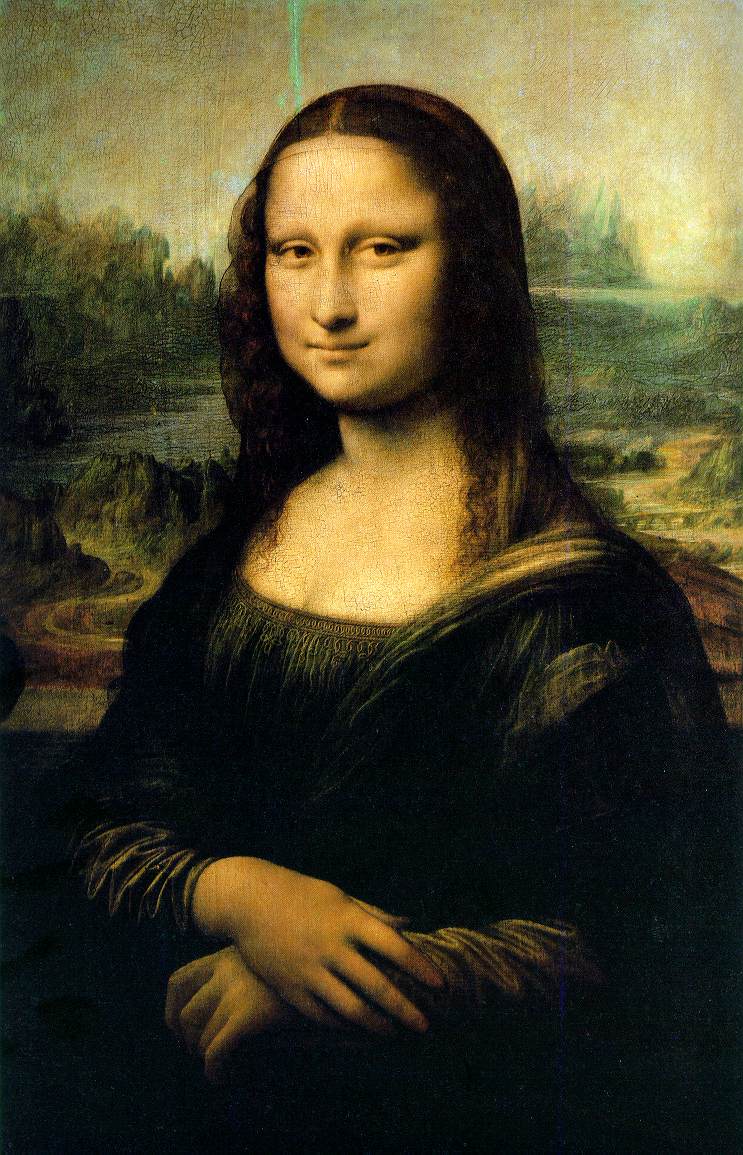Archives
- 01/01/2004 - 02/01/2004
- 02/01/2004 - 03/01/2004
- 03/01/2004 - 04/01/2004
- 04/01/2004 - 05/01/2004
- 05/01/2004 - 06/01/2004
- 06/01/2004 - 07/01/2004
- 07/01/2004 - 08/01/2004
- 08/01/2004 - 09/01/2004
- 09/01/2004 - 10/01/2004
- 10/01/2004 - 11/01/2004
- 11/01/2004 - 12/01/2004
- 12/01/2004 - 01/01/2005
- 01/01/2005 - 02/01/2005
- 02/01/2005 - 03/01/2005
- 03/01/2005 - 04/01/2005
- 04/01/2005 - 05/01/2005
- 05/01/2005 - 06/01/2005
- 06/01/2005 - 07/01/2005
- 07/01/2005 - 08/01/2005
- 08/01/2005 - 09/01/2005
- 09/01/2005 - 10/01/2005
- 10/01/2005 - 11/01/2005
- 11/01/2005 - 12/01/2005
- 12/01/2005 - 01/01/2006
- 01/01/2006 - 02/01/2006
- 02/01/2006 - 03/01/2006
- 03/01/2006 - 04/01/2006
- 04/01/2006 - 05/01/2006
- 05/01/2006 - 06/01/2006
- 06/01/2006 - 07/01/2006
- 07/01/2006 - 08/01/2006
- 08/01/2006 - 09/01/2006
- 09/01/2006 - 10/01/2006
- 10/01/2006 - 11/01/2006
- 11/01/2006 - 12/01/2006
- 12/01/2006 - 01/01/2007
- 01/01/2007 - 02/01/2007
- 02/01/2007 - 03/01/2007
- 03/01/2007 - 04/01/2007
- 04/01/2007 - 05/01/2007
- 05/01/2007 - 06/01/2007
- 06/01/2007 - 07/01/2007
- 07/01/2007 - 08/01/2007
- 08/01/2007 - 09/01/2007
- 09/01/2007 - 10/01/2007
- 10/01/2007 - 11/01/2007
- 11/01/2007 - 12/01/2007
- 12/01/2007 - 01/01/2008
- 01/01/2008 - 02/01/2008
- 02/01/2008 - 03/01/2008
- 03/01/2008 - 04/01/2008
- 04/01/2008 - 05/01/2008
- 05/01/2008 - 06/01/2008
- 06/01/2008 - 07/01/2008
- 07/01/2008 - 08/01/2008
- 08/01/2008 - 09/01/2008
- 09/01/2008 - 10/01/2008
- 11/01/2008 - 12/01/2008
- 01/01/2009 - 02/01/2009
- 04/01/2009 - 05/01/2009
- 07/01/2009 - 08/01/2009
- 09/01/2009 - 10/01/2009
- 10/01/2009 - 11/01/2009
- 11/01/2009 - 12/01/2009
- 12/01/2009 - 01/01/2010
- 03/01/2010 - 04/01/2010
Utopian Turtletop. Monsieur Croche's Bête Noire. Contact: turtletop [at] hotmail [dot] com
Thursday, May 25, 2006

I believe the hype.
Last week-end I picked up “The Da Vinci Code,” figuring, why not? I typically read a mystery-thriller or 2 every year. My mom liked the book, Leonardo rocks the canvas, the counter-Biblical theorizing is reminiscent of ye olde Robert Graves goddess mythology -- so I jumped in.
The book is a Page Turner.
The master-narrative of a thriller is a striptease. The author always knows more than the reader, and reveals what he or she knows bit . . . by . . . tantalizing . . . bit, usually bringing the reader to the brink of revelation before veering off in another direction, the almost-revelation occurring at the moment of maximum narrative tension, at a moment of Grave Danger. Dan Brown does all of this very well, and often with the twist that the Characters at any given moment have seen more of the Naked Body of the Truth than the Readers.
As with any striptease, the ultimate revelation is bound to have instances of disappointment, and the same is true in this book. The Haunting Memory of grand-pere’s transgression, when revealed, ends up seeming dorky -- an unconvincing bit of Euro-neo-paganism. The revelation of the Chief Villain, similarly -- a moment of Dropped Disbelief.But -- and here’s the thing -- the Final Big Revelation -- that doesn’t disappoint at all. Surprisingly warm and human and even understated. Intellectually dorky, OK -- bloodlines, and the nonsense of “most direct descendants” (what would an Indirect Descendant be?) -- but as a story, it’s . . . heartwarming.
The book is full of zippy riddles and has a sense of humor and likable characters -- even the bad guys are likable, for the most part. And if I’m going to get sucked into a paranoid striptease narrative -- because the thriller is always a paranoid plot machine too, with Death lurking around every corner and behind every veil -- I’d just as soon lose myself with characters I like.
Most of the thrillers I’ve read, I don’t remember much about them afterwards. Harry Potter books too (I’ve read the first 3). I have a guess that this one might stick with me longer, because the imagery is pre-locked-in. And because I like the characters.
Fastidious reviewers have objected to Brown’s prose, even boasting of not being able to make it through the book. I noticed Brown's newspaper-ese too -- the clunkiness tripped me up once or twice -- but so what. His riffs got speed and hooks.
The rhetoric of disdain and/or apology for Brown's prose echoes now-mostly-discredited apologetic tones that middle-class strivers used to adopt when talking about liking popular music or TV or movies, and in the same publications that would never compare an Usher song unfavorably to a Schubert Lied, as used to be common. It's become bad form to denounce "bad music," but "bad prose" is still fair game.
And after all, what's not to like about zippy riddles, effective narrative striptease, and likable and sometimes humorous characters?
Pop it open!